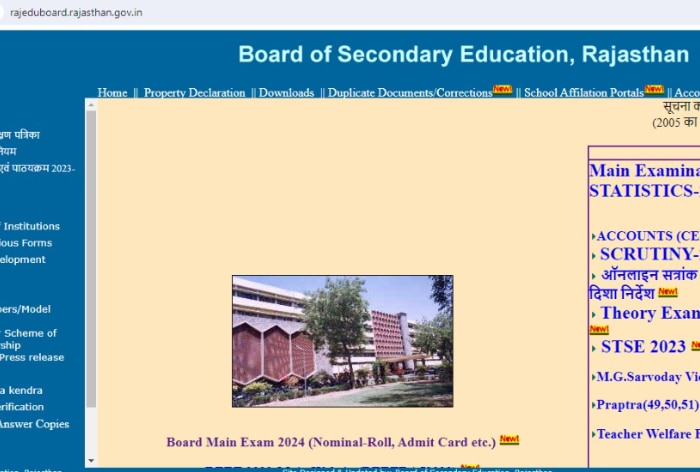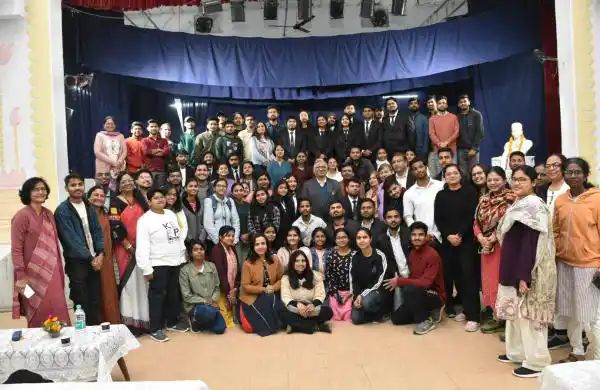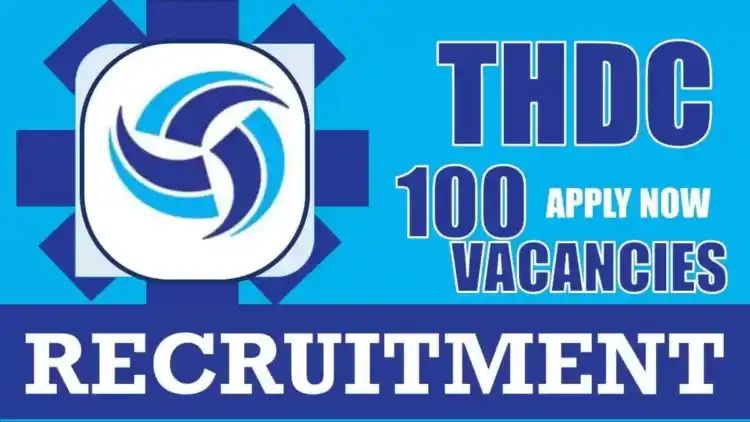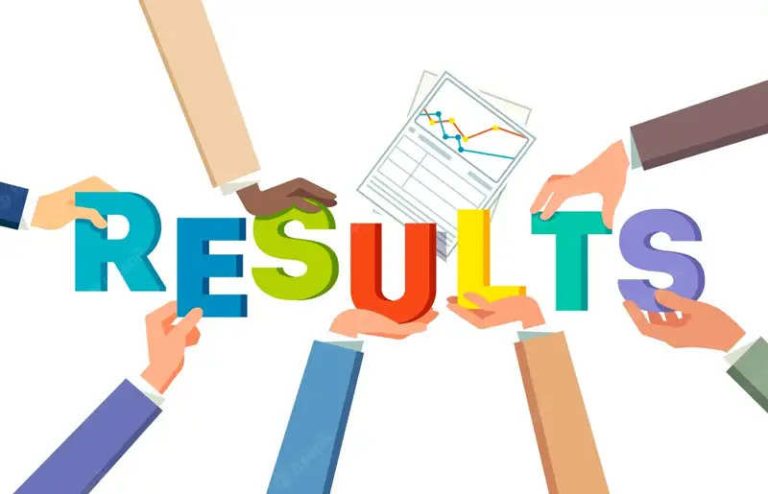Cultivating Learning Outcomes: Early Childhood Strategies for Competitive Exam
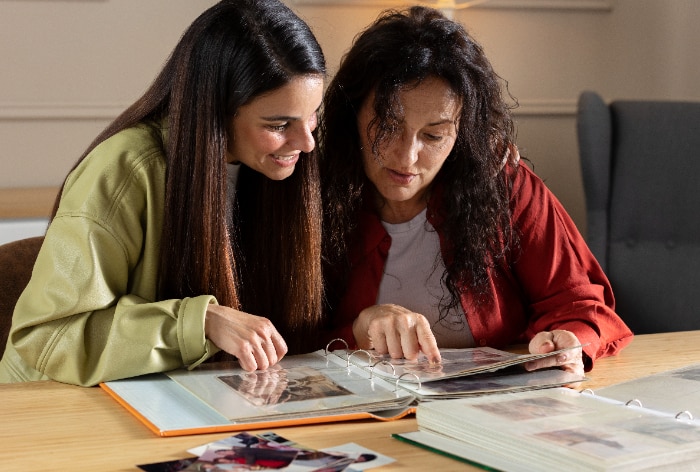
Exams: In today’s fast-paced and competitive world, the foundation of a child’s education plays an important role in their future success. Developing effective learning strategies during early childhood can provide a significant advantage in competitive exams later on. Indian students have dazzled the world with their remarkable meritocratic prowess, excelling across diverse fields. Three out of ten of the toughest exams globally hail from India! Among them stands the formidable IIT JEE Exam. The intensely competitive JEE for engineering and NEET for medical studies are pivotal gateways for learners aspiring to secure admission to the prestigious, publicly funded IITs and AIIMS. These examinations represent academic challenges and tickets to promising careers, elevated social status, and, often, crucial financial support for many families.
Despite our nation’s strides in advancing education accessibility, equity in education remains a pressing concern within our learning ecosystem. Much of the success is attributed to learners’ adeptness at rote learning. In the early and mid-school education stages, a pervasive emphasis on memorization over application exists. By the time students reach the levels of competitive exams like JEE and NEET, the application of concepts should supersede mere recitation. However, entrenched habits and the prevalence of grueling coaching sessions perpetuate the dominance of rote learning.
Coaching hubs thrive on the dreams and aspirations of approximately 12 to 24 lakh students (along with their families) preparing for various competitive exams, all vying for a limited number of seats. Students in these costly coaching hubs face immense and often unjustifiable pressure to prove their worth, sometimes resorting to drastic measures. Those who succeed proceed to the next phase of the educational journey, while those who do not continuously strive for another chance. The system offers little respite for the average student, who may not excel in rote learning or those lacking the ability to apply concepts effectively.
Fortunately, the 21st century brings in advancements in digital technologies, paving the way for a hybrid learning ecosystem. This approach facilitates meaningful teacher-student connections and equips educators, parents, and students to foster holistic development. As per Ujjwal Singh, Founding CEO, Infinity Learn by Sri Chaitanya, the National Education Policy (NEP) 2020 in India marked a paradigm shift in the education landscape, veering away from traditional rote learning towards a more holistic, skill-based approach. Emphasizing critical thinking and experiential learning, the NEP advocates for hybrid learning, leveraging digital technologies to offer research-based skilling programs to build future-ready competencies among children aged 6 to 14.
Research underscores the critical importance of early childhood development, with the brain forming connections at its fastest rate during the initial years. By age 5, 90% of brain development occurs, underscoring the imperative of providing tailored attention during these formative years. This attention facilitates the development of cognitive skills, learning control, reasoning, problem-solving abilities, and socioemotional health, laying a solid foundation for lifelong learning. This crucial stage of development should not be overlooked, but rather, it should be a top priority for educators, policymakers, and parents. By investing in early childhood development, we can ensure that every child has the best possible start in their educational journey, setting them up for success in the long run.
Every child possesses unique strengths and characteristics. Providing individualized attention enables educators to identify and nurture these attributes effectively. Technology intervention facilitates this process, enabling personalized learning experiences anytime, anywhere. Through level mapping criteria and knowledge graphs, technology allows educators and parents to track learners’ progress, identify strengths, and pinpoint areas needing improvement. This highly individualized approach empowers educators to tailor teaching strategies to meet the distinct needs of each young learner, fostering holistic development and better preparing them for future academic challenges, including competitive exams like JEE and NEET.
Learning should be a source of joy and curiosity for all learners, rather than a daunting task. Cultivating a genuine interest in learning from a young age lays the groundwork for limitless possibilities. Educators play a pivotal role in instilling the right skills at the right time, avoiding the burdensome memorization of complex concepts shortly before exams. The question of ‘Baccha Seekha Ki Nahi’should be posed from the formative years, strengthening their foundation and nurturing their growth into well-rounded, intellectually agile individuals. It underscores the urgency for a paradigm shift in educational practices towards a system that prioritizes holistic development and personalized learning, ensuring that every child can thrive and reach their full potential. It’s through the collective efforts of educators, policymakers, and parents, collaborating to create an inclusive and supportive learning environment that celebrates diversity and empowers every child to excel, that we can reshape the educational landscape. This shared responsibility fosters a sense of unity and common purpose, preparing a generation of lifelong learners equipped to navigate the complexities of the modern world with confidence and competence.
